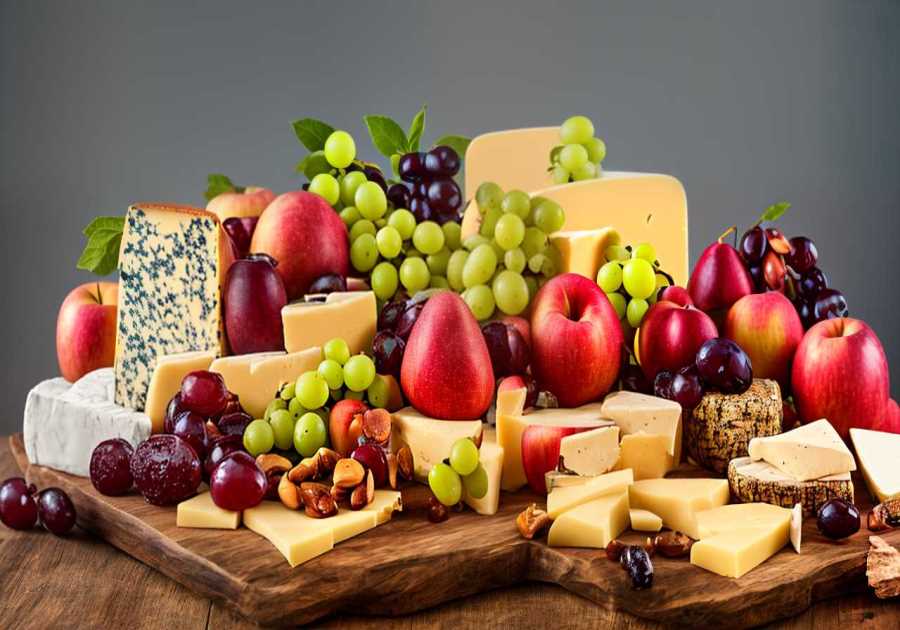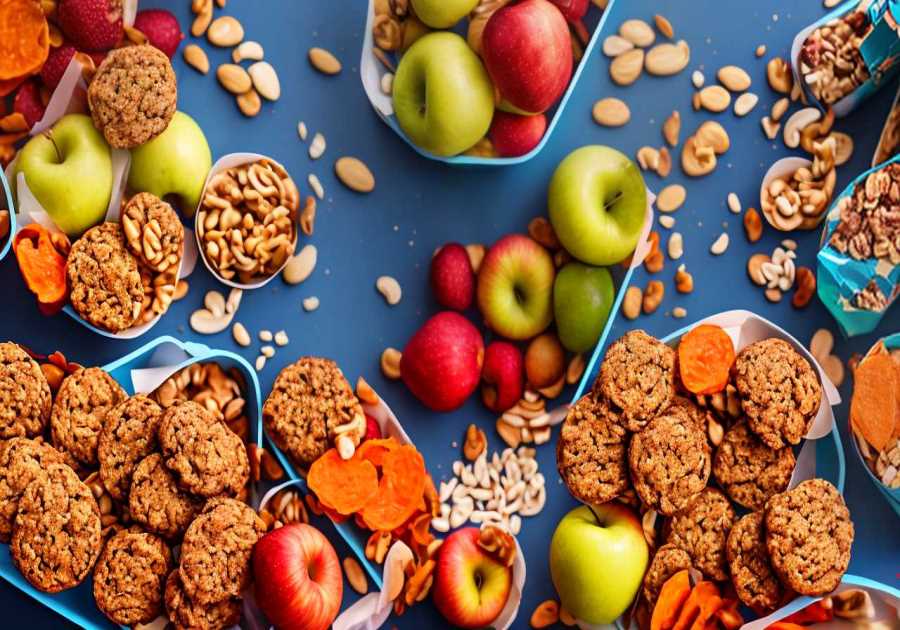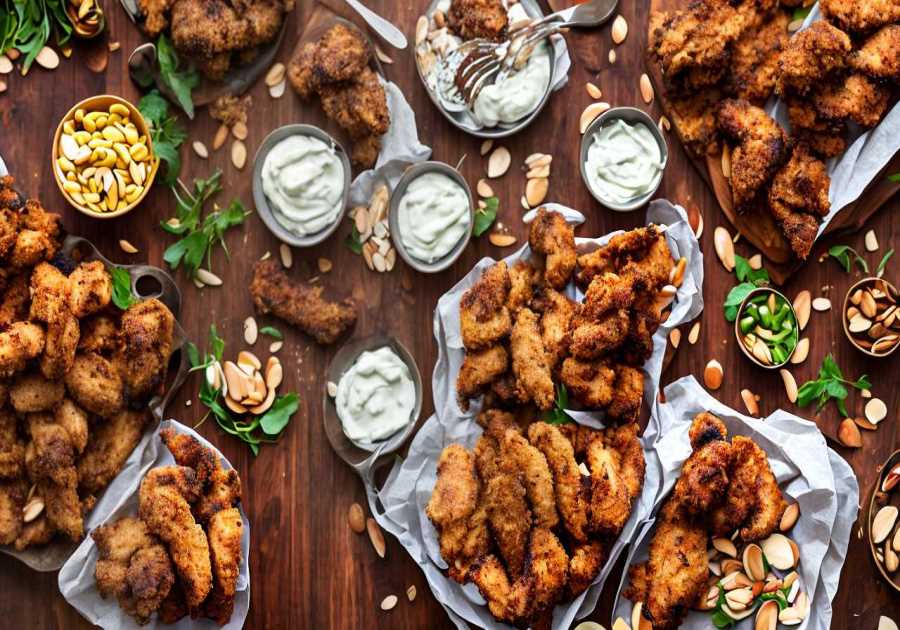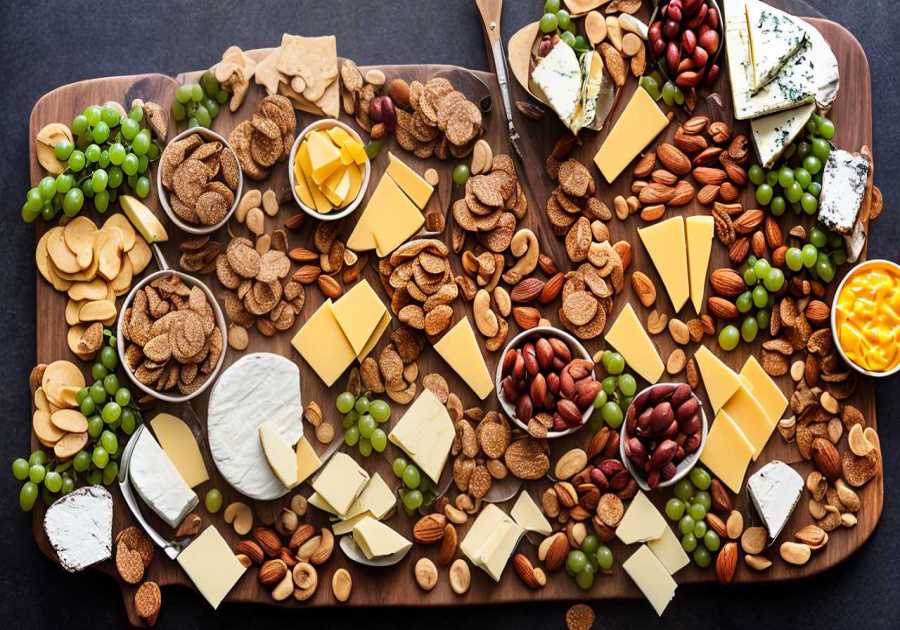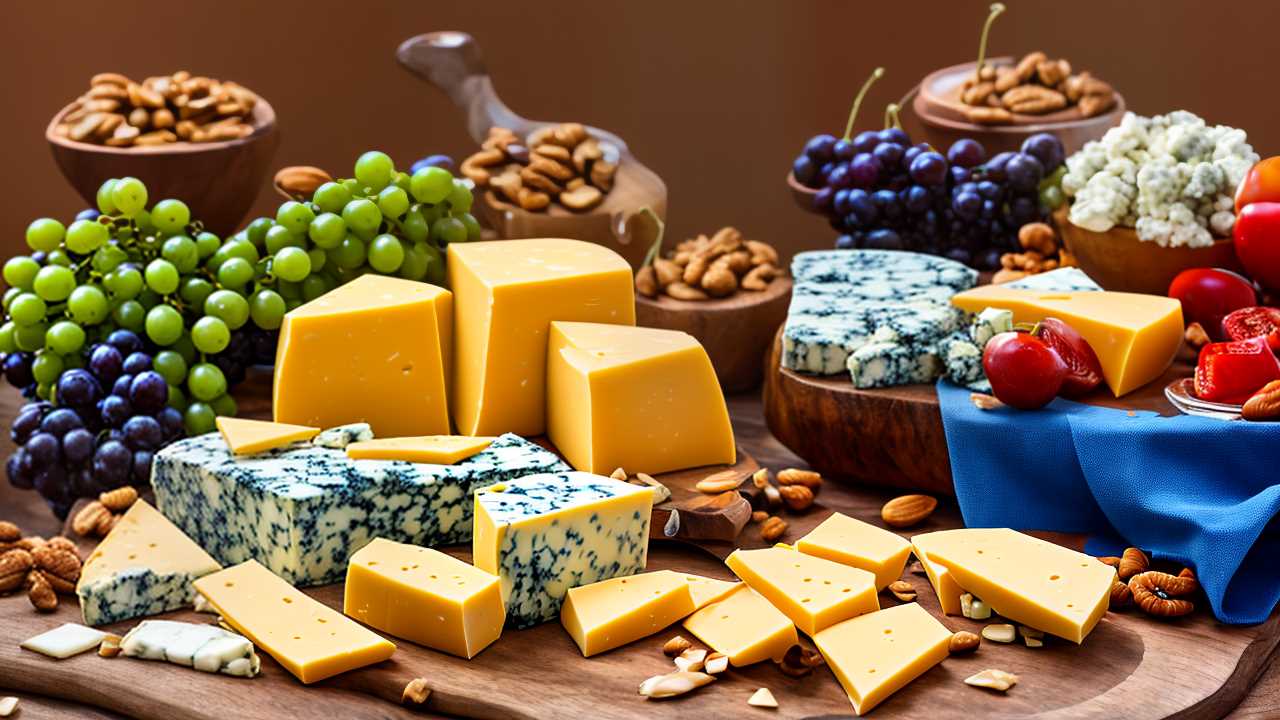
What Am I Missing if I Crave Cheese?
If you're craving cheese, you might be lacking key nutrients like calcium, protein, or essential fatty acids. These cravings often point to a calcium deficiency, vital for strong bones, or insufficient protein, which is crucial for muscle repair. Alternatively, your body could be signaling a need for fats, essential for brain health and reducing inflammation. Beyond nutritional gaps, emotional triggers like stress might also be driving your cheese desires, tempting you with comfort through familiar, creamy textures. Understanding these cues can encourage more mindful eating choices, revealing paths to satisfy these needs with healthier alternatives. Explore further to uncover effective ways to satisfy your cravings while maintaining a balanced diet.

Understanding Cheese Cravings
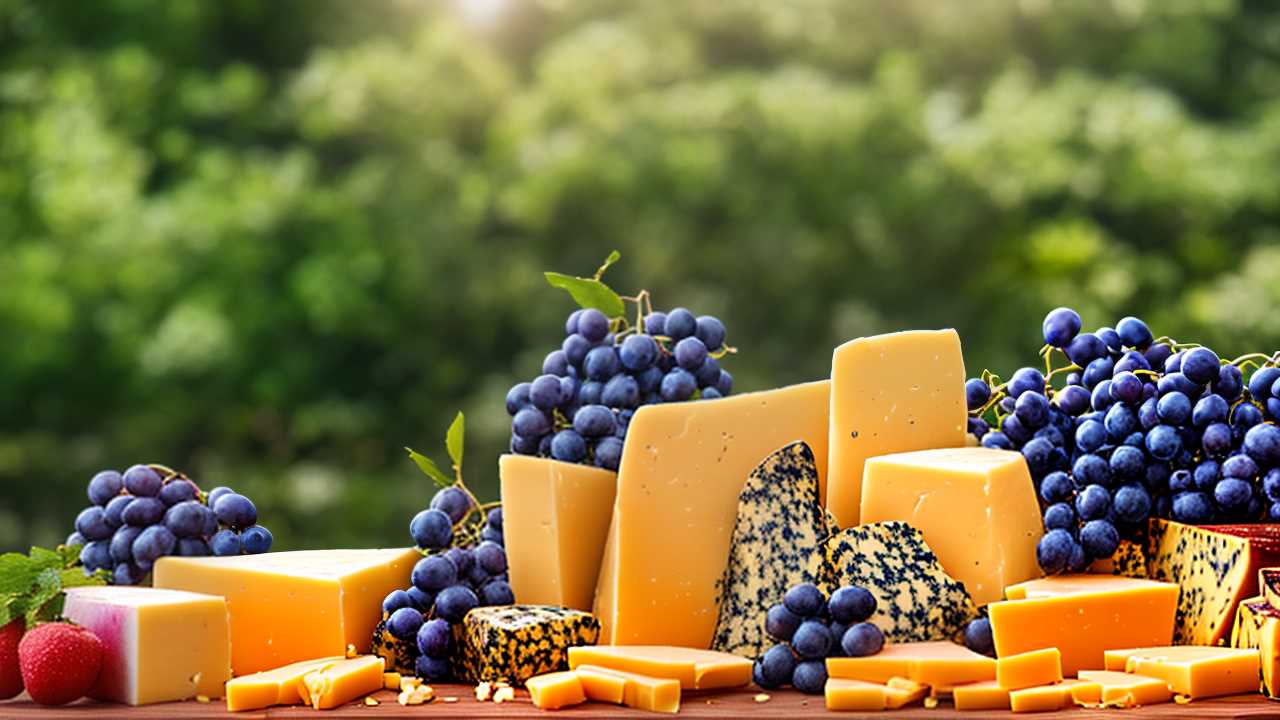
Understanding your cravings for cheese can provide insights into your body's nutritional needs. When you're drawn to different cheese types, it's not just about the taste; it's also about what your body may be signaling it lacks or desires for optimal functioning.
Cheese cravings are common and can be influenced by various factors. Sometimes, the craving triggers are emotional, like seeking comfort or a stress-related response. Cheese, with its creamy texture and rich flavor, can provide temporary solace.
However, often these cravings have a biological basis. Cheese is rich in essential nutrients such as calcium, protein, and fat, which are vital for energy, muscle repair, and nerve function. If you find yourself frequently craving cheese, it could indicate your diet might be lacking in these nutrients.
Different cheese types also play a role in what your body might be signaling. For instance, craving soft cheeses like brie could suggest a need for fats, while hard cheeses like parmesan, which are dense in protein and calcium, might indicate a deficit in these areas.
For those adhering to specific dietary needs, exploring KETO friendly options like CheeseButta® can provide a satisfying alternative without compromising health goals.
It's crucial to listen to your body and understand these signals. Instead of indulging mindlessly, consider what specific nutrients you might be needing and explore other foods that can satisfy these requirements.

Nutritional Deficiencies Explained
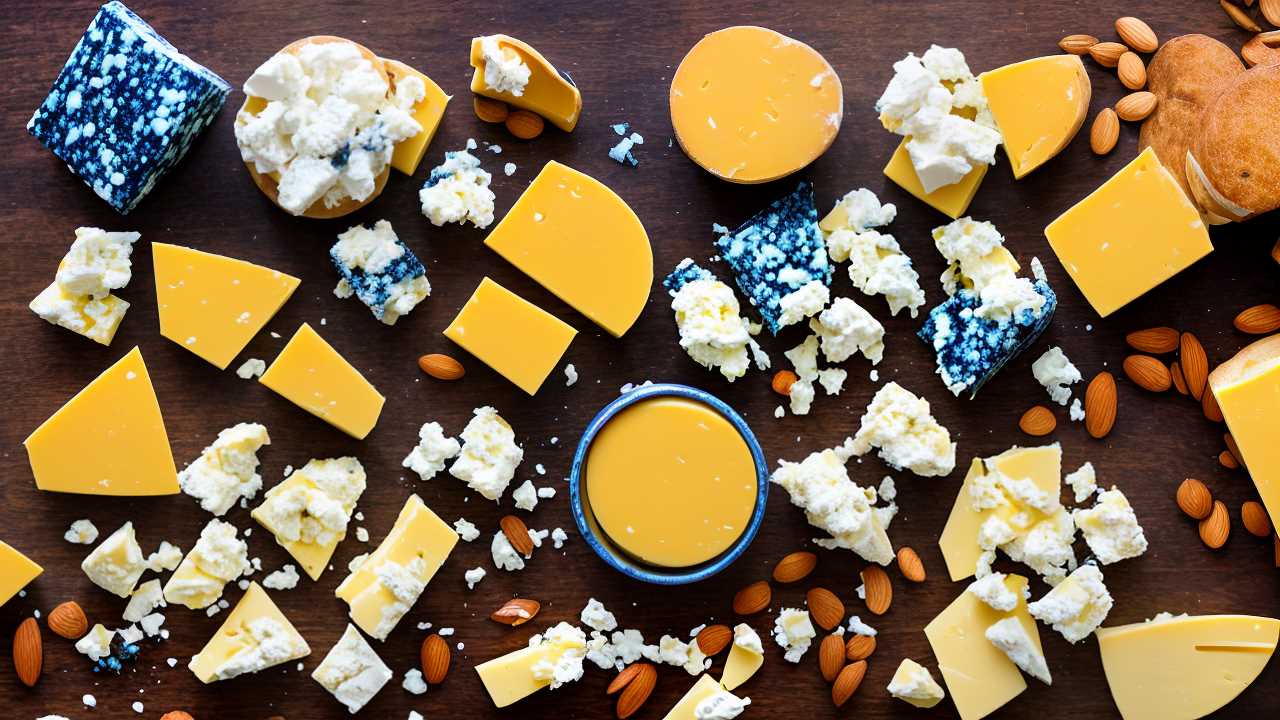
When your body lacks certain nutrients, you might experience specific cravings, such as those for cheese, which is often rich in calcium, protein, and essential fats. Understanding these cravings can help you address potential dietary imbalances and improve your overall health.
If you're constantly reaching for cheese, it could indicate a calcium deficiency. Calcium is crucial for strong bones and teeth, and a lack can lead to more severe health issues like osteoporosis. Cheese is a tasty, convenient source of this vital mineral, which might explain your cravings.
Apart from calcium, cheese also provides essential proteins. These are the building blocks of life, vital for muscle repair and growth. If you're not getting enough protein from other sources, your body might be nudging you towards cheese.
Fatty acids, found abundantly in cheese, are important for brain health and reducing inflammation. A craving for cheese might indicate your diet lacks these beneficial fats, which are crucial for overall well-being.
Here's a quick glance at what each nutrient in cheese addresses:
| Nutrient | Deficiency it may indicate | Symptoms |
|---|---|---|
| Calcium | Calcium deficiency | Weak bones, dental changes |
| Protein | Protein needs | Muscle weakness, slow recovery |
| Fats | Fatty acids | Dry skin, cognitive decline |
To balance your diet, consider integrating a variety of nutrient-dense foods that can provide these essential elements. This way, you can satisfy your body's needs and potentially reduce specific cravings like those for cheese.
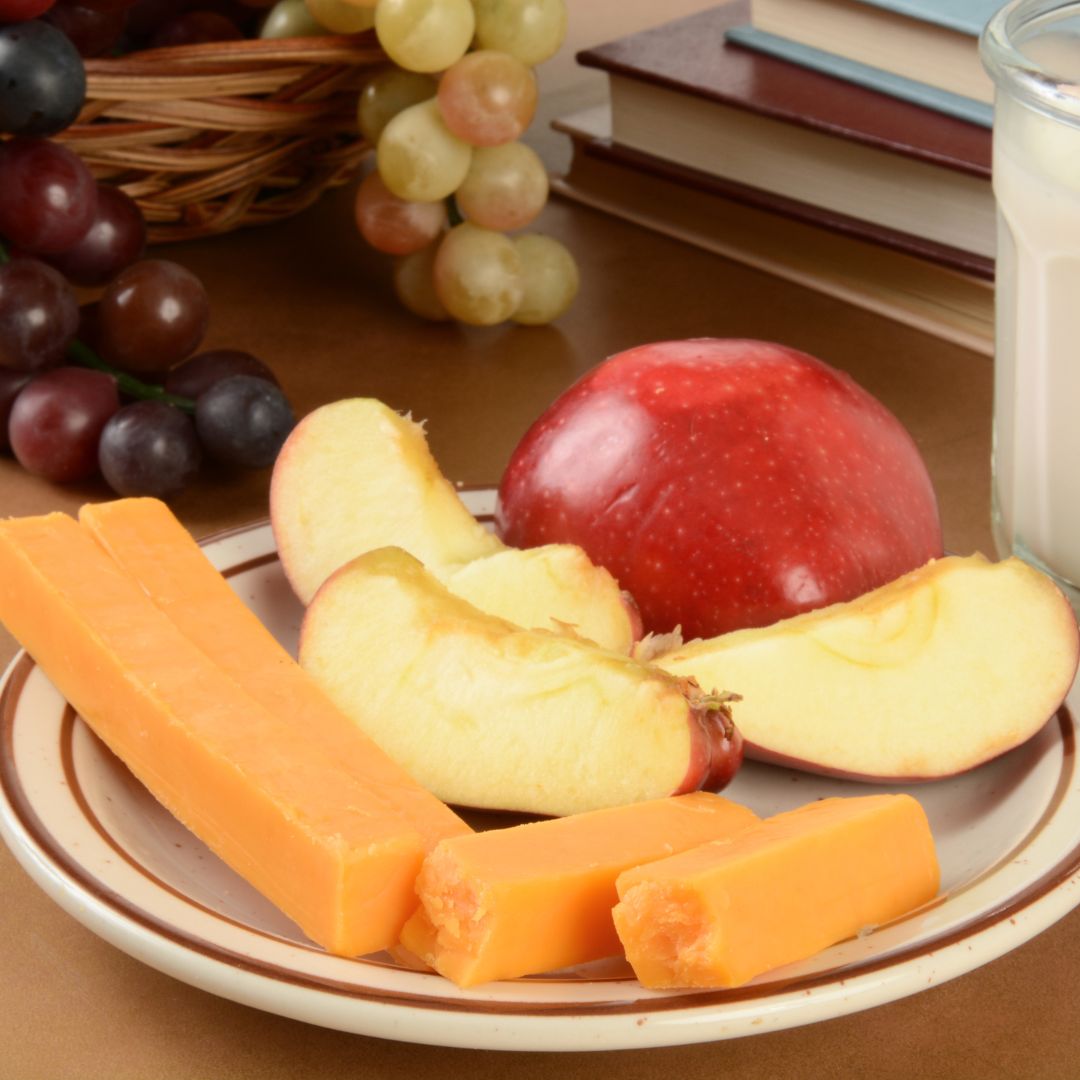
Psychological Factors at Play
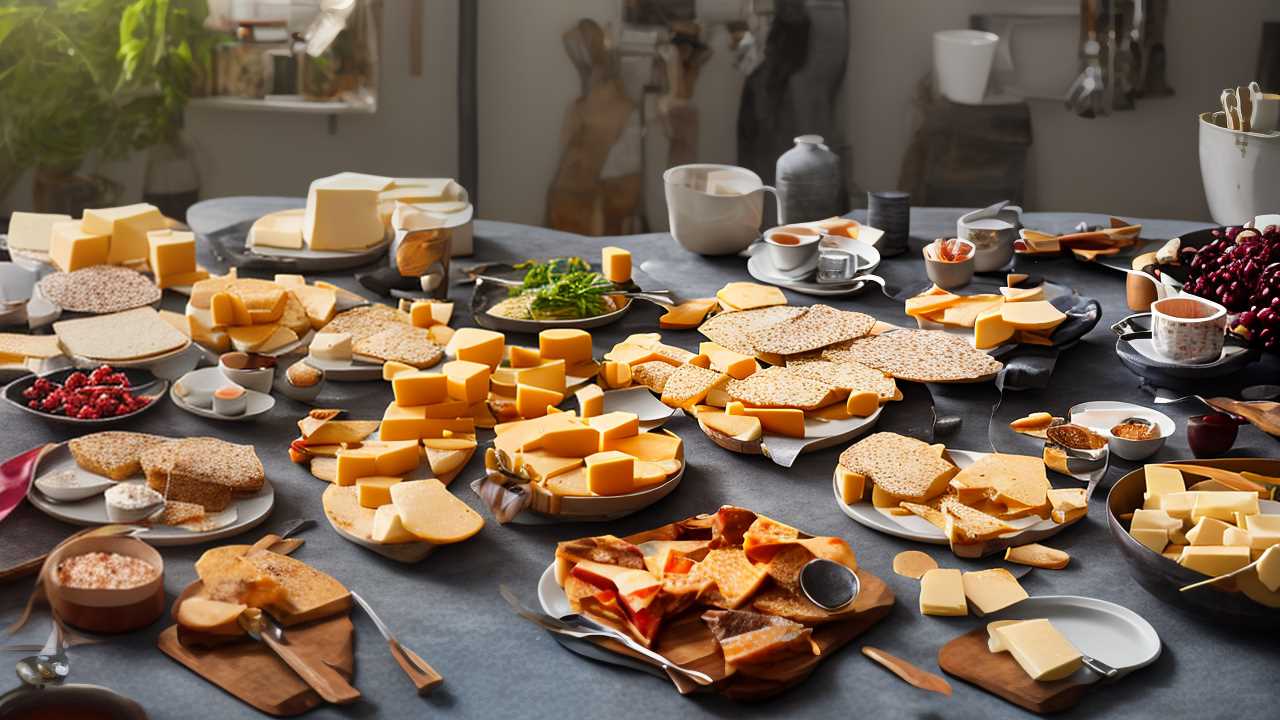
You might find yourself reaching for a slice of cheese not just because your body is signaling a nutritional need, but also due to psychological factors that influence eating behaviors. Often, your cravings can be linked to seeking emotional comfort or sensory pleasure.
Let's dive into the reasons why cheese might be more than just a snack for you.
Cheese is known for its rich, creamy texture and comforting taste, which can trigger the release of endorphins, your body's natural "feel-good" chemicals. This response can be especially strong if you've had positive experiences involving cheese in the past.
Social gatherings, family meals, or simple moments of pleasure, all associated with cheese, can deeply embed a sense of satisfaction in your memory. When you're feeling down or stressed, you might unconsciously reach for cheese as a way to recreate those comforting sensations.
Additionally, products like CheeseButta® Gourmet Cheese Melts can further enhance these moments, offering a creamy, indulgent experience that intensifies the emotional comfort cheese provides.
Moreover, the sensory attributes of cheese—its smell, taste, and texture—can be incredibly satisfying. The act of eating cheese can momentarily distract you from stressors and provide a pleasurable escape.
This sensory pleasure can be particularly pronounced if you feel your current diet is monotonous or unfulfilling.
Understanding these psychological underpinnings can empower you to make more mindful choices. Recognizing that you might be using cheese as a form of emotional comfort or sensory delight allows you to address your feelings more directly.
Perhaps finding alternative sources of comfort or diversifying your diet could help balance your cravings while still honoring your body's needs and your emotional well-being.

Hidden Health Messages
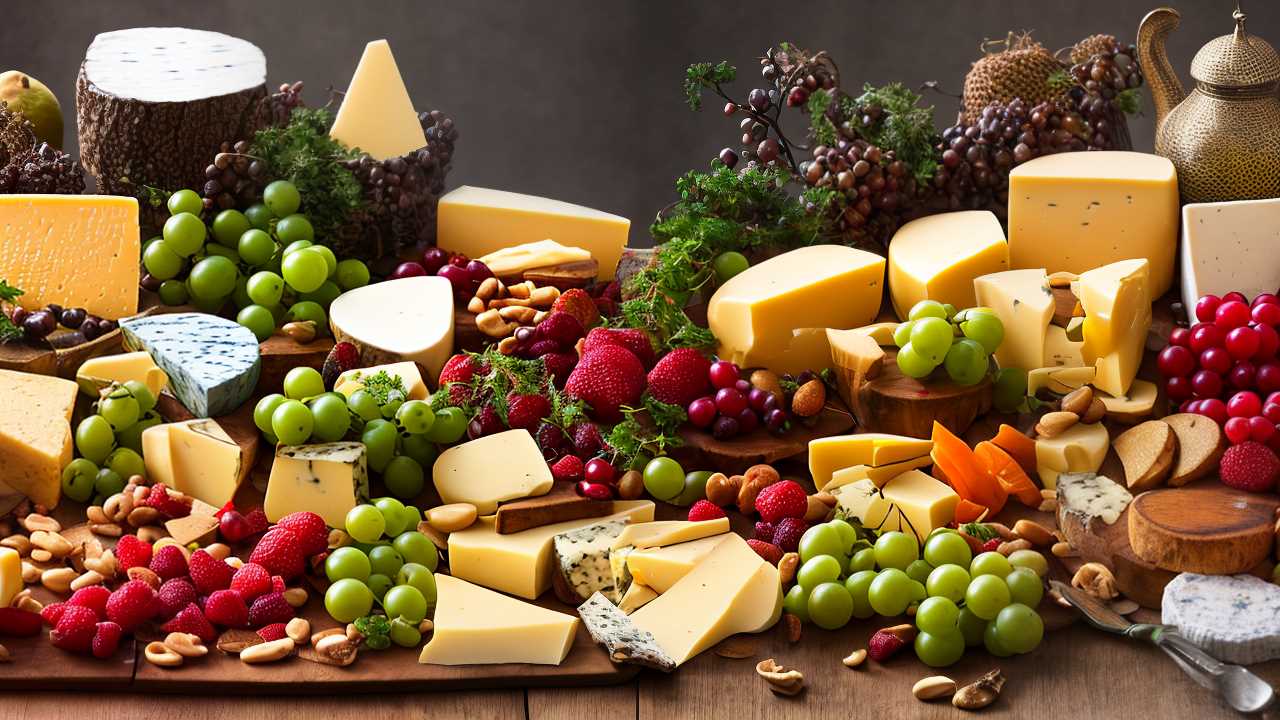
Sometimes, your cravings for cheese might be your body's way of hinting at underlying nutritional deficiencies. When you're hankering for a slice of cheddar or a wedge of brie, it's not just about the taste. Your body might be signaling a need for essential nutrients that cheese can provide, such as calcium and dietary fats.
Cheese is a rich source of calcium, which is vital for maintaining strong bones and teeth. This craving could indicate your body's attempt to correct a calcium imbalance. If you're not getting enough of this mineral from other dietary sources, your body might be urging you to boost your intake through cheese. It's important to assess your overall diet and ensure you're meeting your calcium needs to support bone health and prevent osteoporosis.
Moreover, exploring a variety of cheeses can be a delightful way to incorporate different nutrients that each type offers, such as the rich, fruity flavors of Gruyère or the tangy zest of goat cheese, which might also satisfy different sensory cravings.
Furthermore, cheese contains dietary fats that are crucial for various bodily functions. These fats aid in the absorption of vitamins and provide energy. A craving for fatty cheeses might be your body's way of telling you that it requires more fat to perform optimally, especially if you're on a low-fat diet.
Dietary fats are also essential for brain health and maintaining healthy skin. To respond to these hidden health messages, consider diversifying your diet. Include a variety of calcium-rich foods like leafy greens, almonds, and fortified products, as well as healthy fats from avocados, nuts, and seeds.
This way, you can satisfy your nutritional needs without overindulging in cheese, which should be enjoyed in moderation due to its high calorie and saturated fat content.
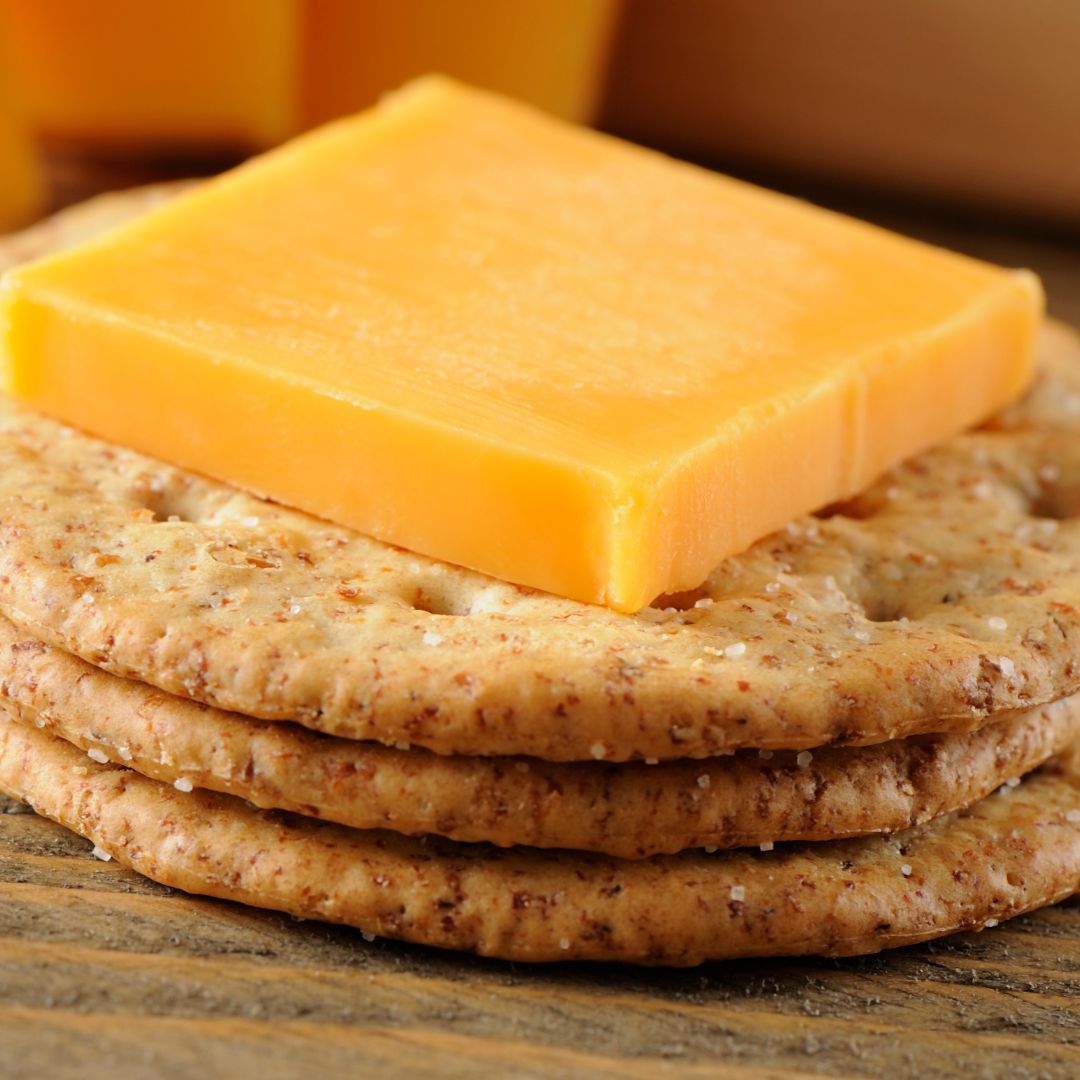
Managing and Reducing Cravings
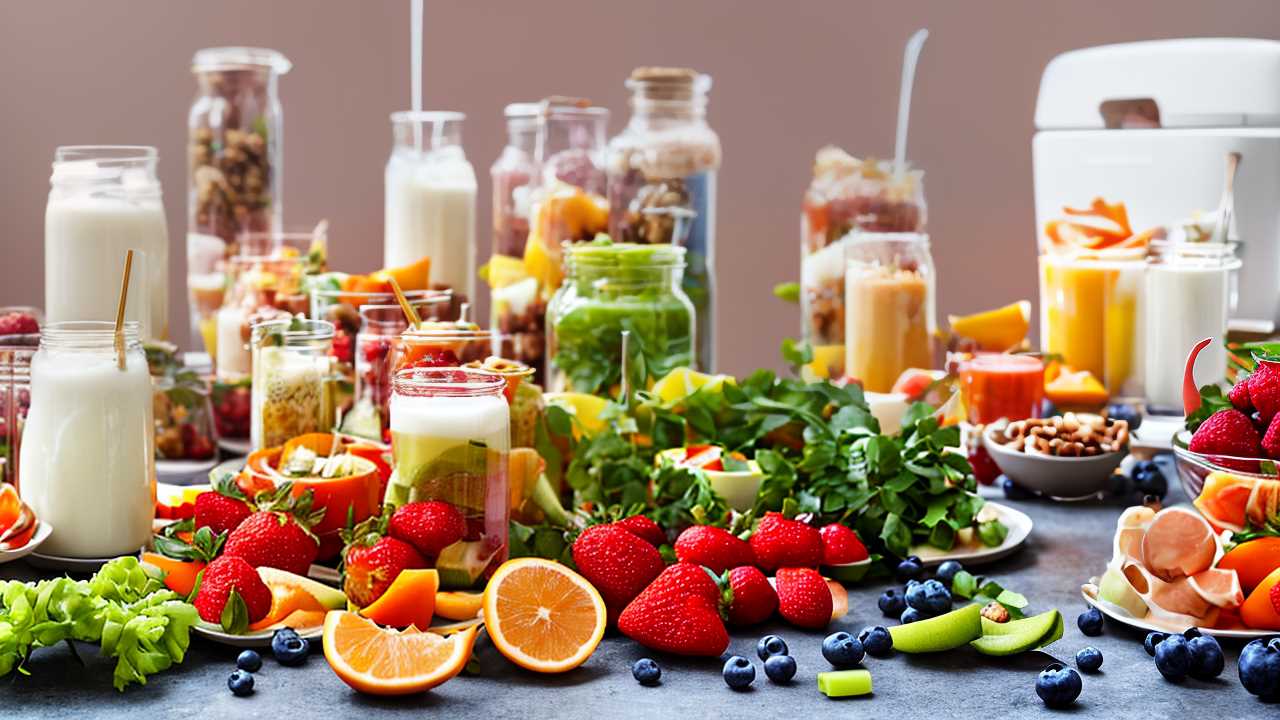
Addressing your cravings for cheese effectively requires understanding their root causes and implementing strategies to manage them. Often, these cravings can stem from nutritional deficiencies, hormonal imbalances, or emotional needs. By diving into the specifics of what your body or mind is seeking, you can begin to find healthier approaches to satisfy these demands.
Firstly, practicing mindful eating is pivotal. This technique involves paying full attention to the experience of eating and savoring each bite. When you eat mindfully, you're more likely to notice when you're actually hungry versus when you're eating out of boredom or stress. This awareness can help you break the cycle of craving cheese impulsively.
Incorporating craving alternatives is another effective strategy. If you find yourself yearning for the creamy texture or savory taste of cheese, explore other foods that can provide similar sensory experiences but with better nutritional profiles.
For instance, avocados or hummus can offer the creamy texture, while nutritional yeast can mimic the cheesy flavor. These alternatives not only satisfy your taste buds but also contribute valuable nutrients like healthy fats and proteins to your diet.
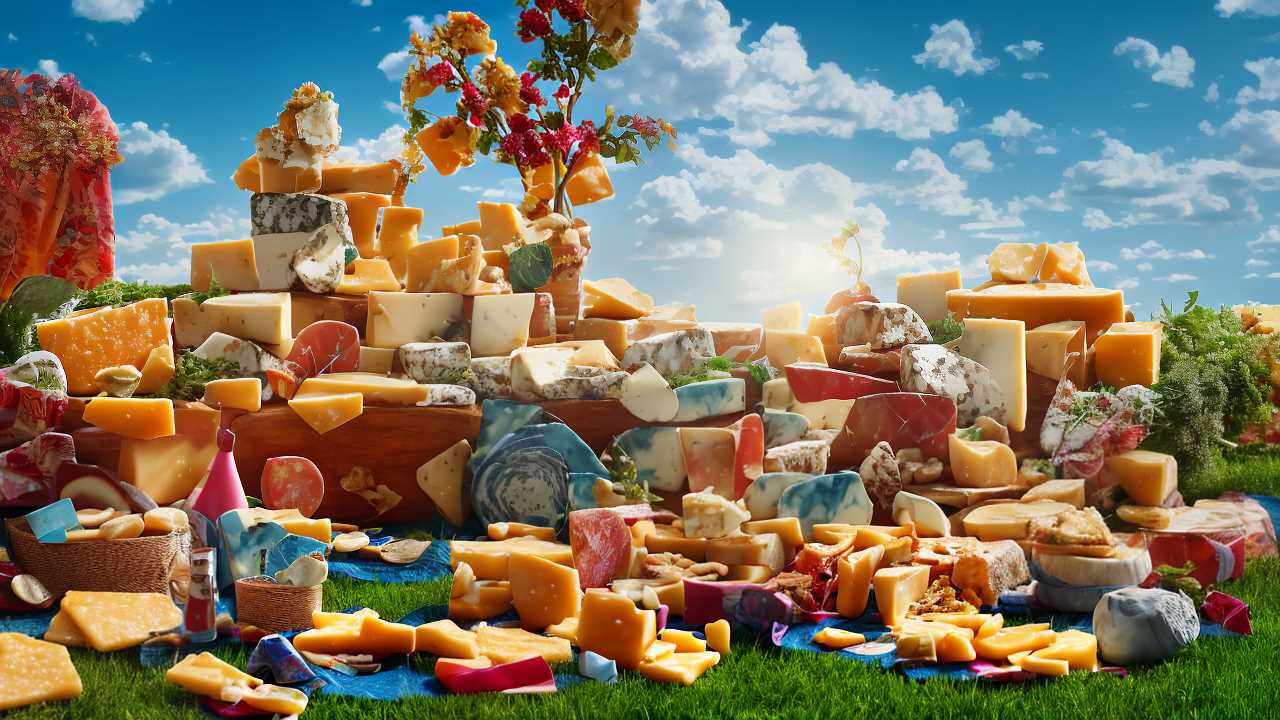
Frequently Asked Questions
How Does Aging Cheese Affect Its Addictive Qualities?
When you age cheese, it develops more intense flavor compounds and its texture changes, becoming either crisper or creamier.
These changes can make the cheese feel more addictive. As the proteins break down, they release casomorphins, which have an opioid effect, enhancing your desire to eat more.
Understanding this can help you manage your consumption and ensure you're serving your body well with a balance of indulgence and nutritional awareness.
Can Cheese Cravings Indicate a Hormonal Imbalance?
As the saying goes, "Listen to your body because it whispers before it screams."
If you're craving cheese, it might be your body signaling a hormonal imbalance or highlighting nutritional deficiencies. These cravings are often driven by hormonal signals that suggest your body is seeking specific nutrients found in cheese, like calcium or vitamin B12.
It's crucial to assess your overall diet and consider consulting a healthcare provider to address potential imbalances effectively.
Are There Ethical Concerns With Cheese Production?
Yes, there are ethical concerns with cheese production, primarily revolving around animal welfare.
As you explore cheese options, consider how animals are treated in the process. Look for products certified for ethical treatment, which ensures animals are raised under better conditions.
This approach not only aligns with your values of serving others and promoting well-being but also supports more sustainable practices in the dairy industry, making a positive impact on both health and ethics.
How Do Cheese Cravings Differ Around the World?
Cheese cravings differ globally due to varied cheese cultures, flavor profiles, and culinary traditions.
In some regions, cheese is a staple, influencing dietary habits and regional dishes, while in others, it's less common.
Your preferences might align more with areas that incorporate cheese heavily into their diets.
What Are the Environmental Impacts of Cheese Consumption?
If you're considering the environmental impacts of cheese consumption, you're looking at significant greenhouse gas emissions and extensive land use.
The dairy industry, essential for cheese production, requires large areas for grazing and feed, contributing to deforestation and biodiversity loss.
Additionally, the methane produced by dairy cows notably boosts greenhouse gases.
Understanding these factors can guide you to make more sustainable choices, benefiting both your health and the planet.

Conclusion
So, you're haunted by visions of cheese wheels chasing you in your dreams? It's not just a cheesy nightmare; your body might be screaming for some calcium, fat, or vitamin love. Maybe it's not just your stomach talking, but a bit of emotional hunger too. Don't just cave into the cheese goblin's demands—get some variety on your plate! Before you transform into a cheese sculpture, remember, indulging wisely could save you from becoming the next exhibit at the dairy museum.
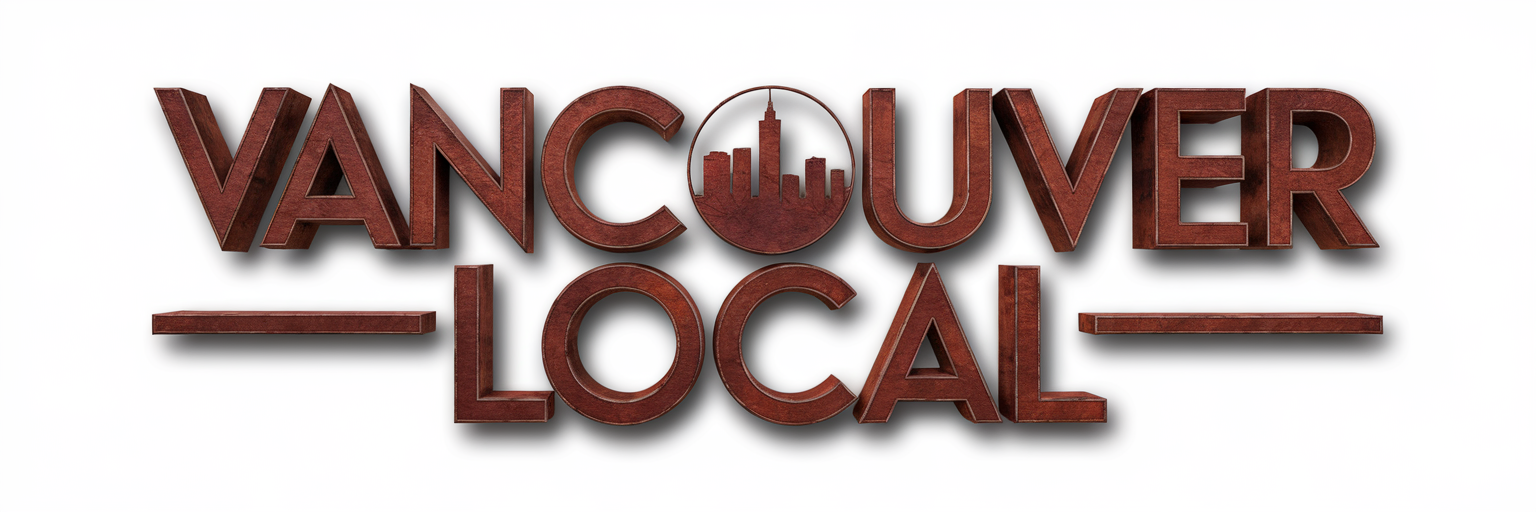
_7.png)


